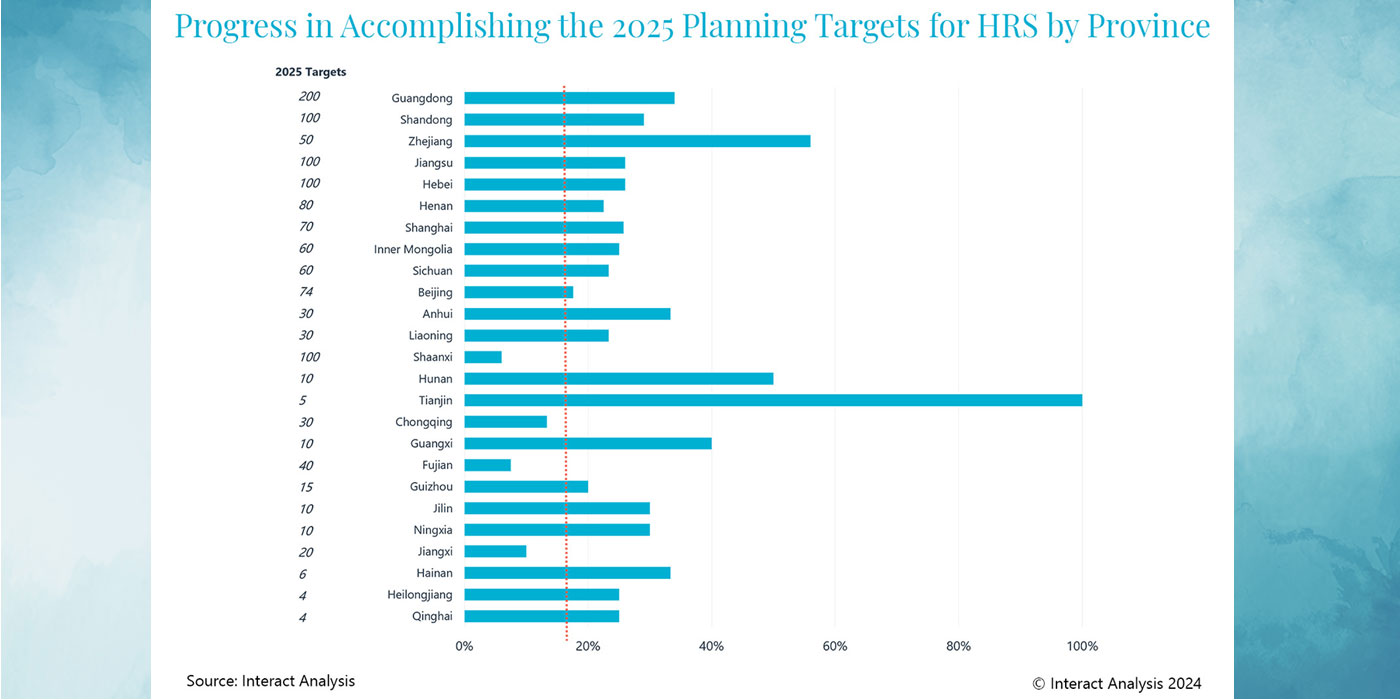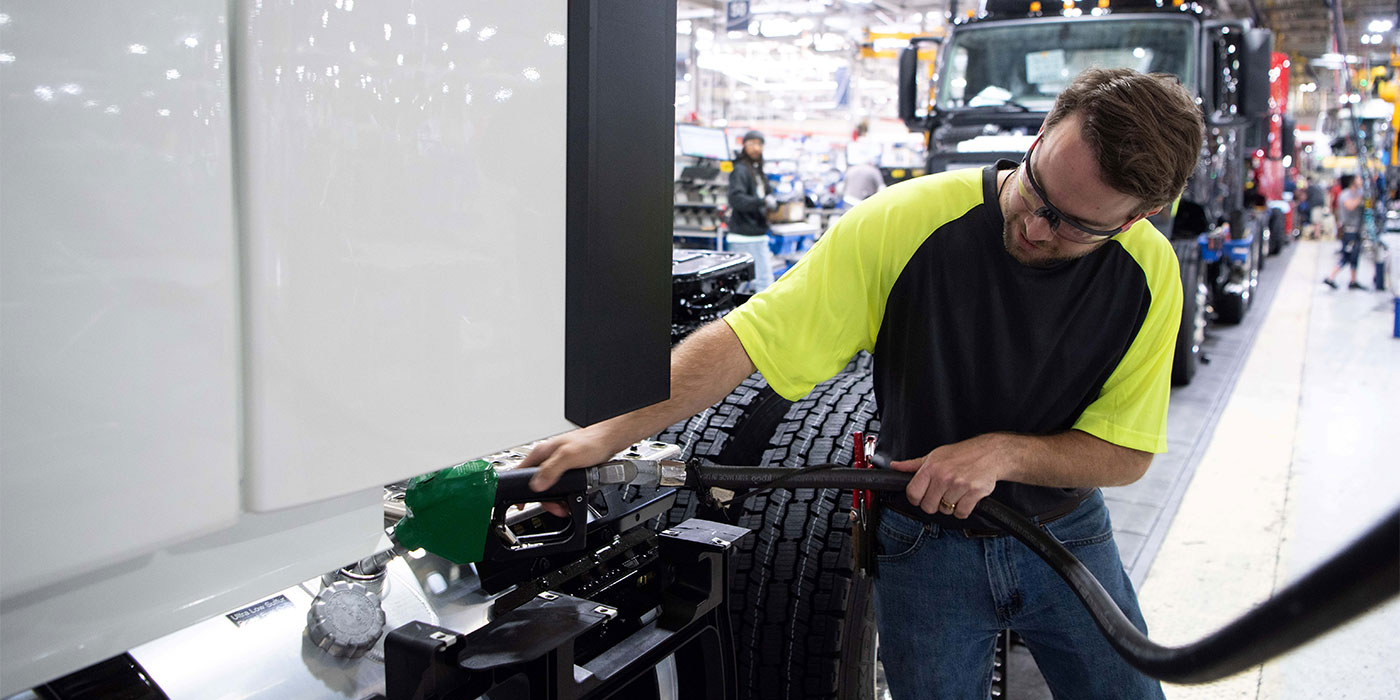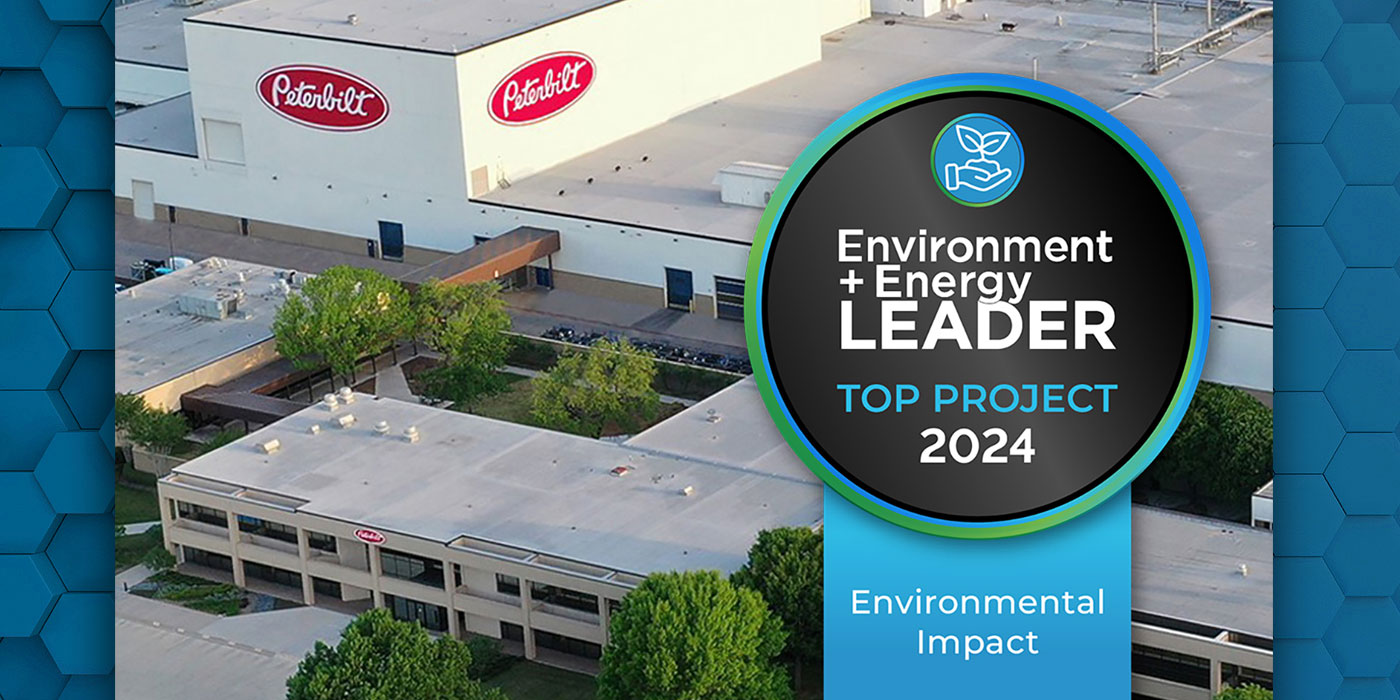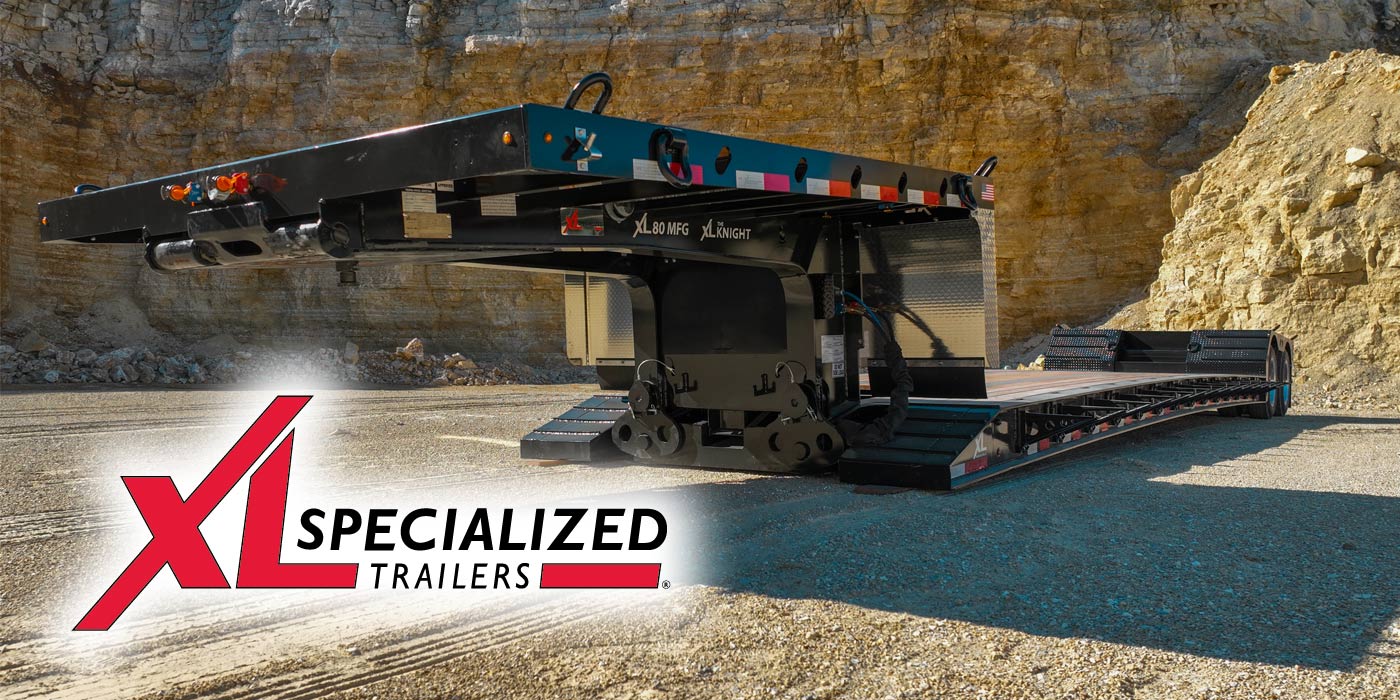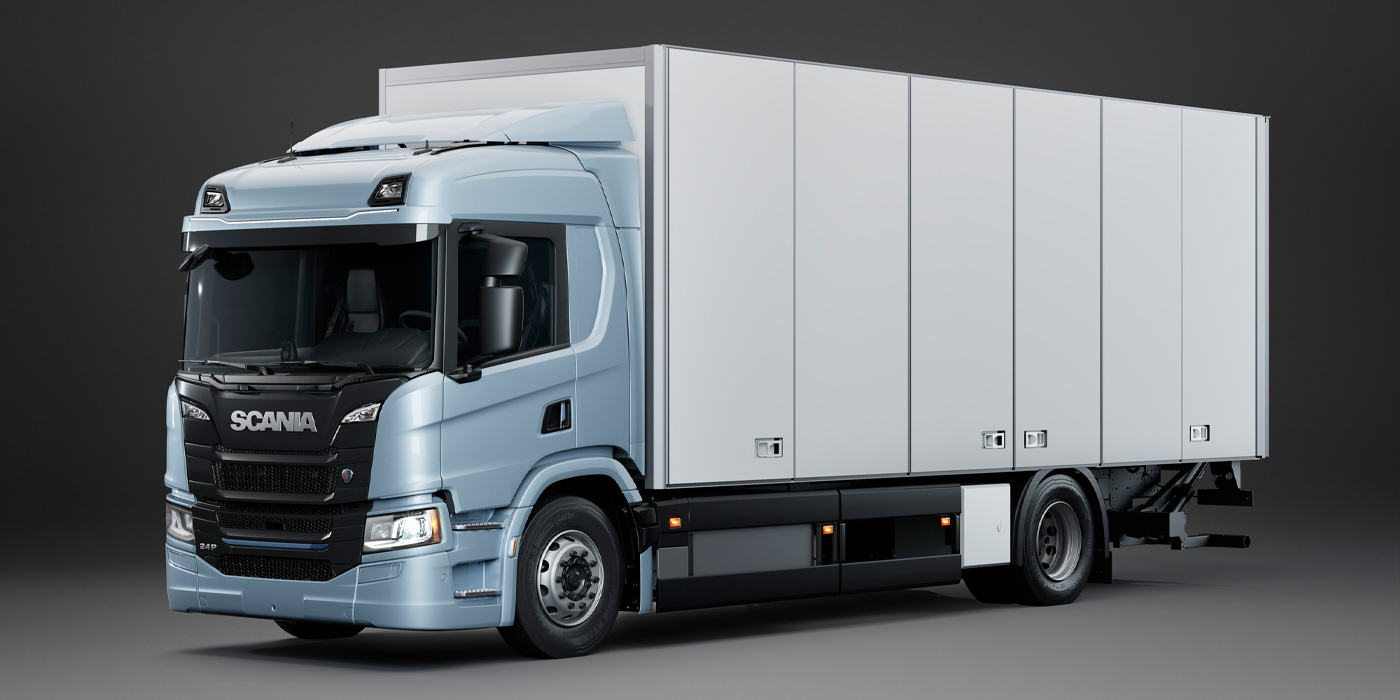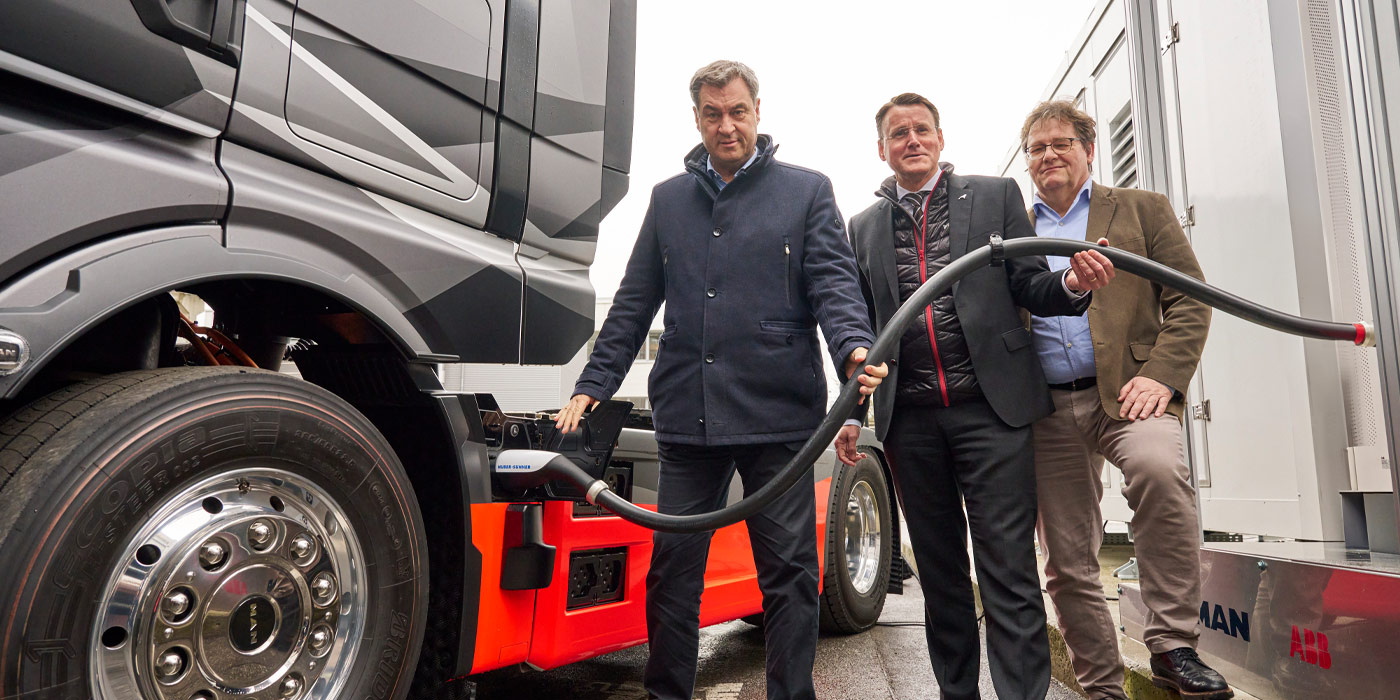In a letter to governors in nine states, members of the Ceres Corporate Electric Vehicle Alliance—a coalition of 31 companies representing more than $1.2 trillion in annual revenue and that collectively own, lease or operate more than 2.7 million fleet vehicles in the U.S.— urged governors across the country to accelerate and support the shift to zero-emission vehicles by adopting the Advanced Clean Trucks (ACT) and Advanced Clean Cars II (ACC II) rules in their respective states.
“By adopting policies like ACT and ACC II, state policymakers can help fleets access the volume and variety of zero-emission vehicle models they need to unlock significant economic, health, and climate benefits,” they wrote.
Together, the two rules require increasing rates of sales for zero-emission light-, medium-, and heavy-duty vehicles over the coming years. The ACT rule will require significant growth in the production and sale of zero-emission trucks, vans, and other large commercial vehicles by 2035, while the ACC II rule will ultimately require 100% of new light-duty vehicles sold to be zero-emission models by 2035. The letter comes after multiple states last month moved to adopt one or both regulations.
Eight states, the press release notes, have already adopted the ACT rule, including California, Colorado, Massachusetts, New Jersey, New York, Oregon, Vermont, and Washington. Maryland, North Carolina, Rhode Island, Connecticut, Maine, and New Mexico are all in the process of adopting the rule. States that have finalized adoption of the ACC II rule include California, Massachusetts, New York, Oregon, Vermont, and Washington. Colorado and Maryland are expected to finalize their adoption of the ACC II rule this fall, while Connecticut, Delaware, New Jersey, New Mexico, and Rhode Island are all working to complete the process before the end of 2023.


